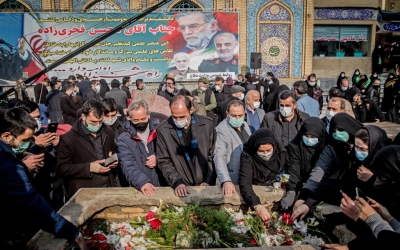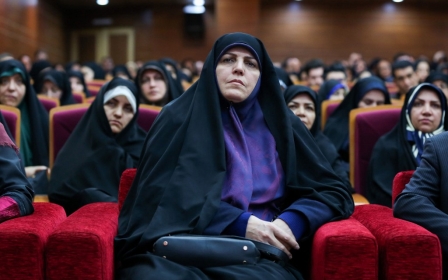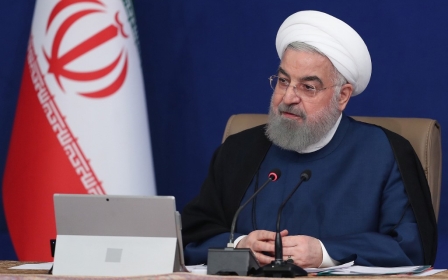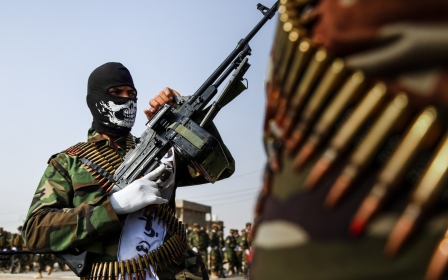Iran executes opposition activist over 2017 anti-government protests
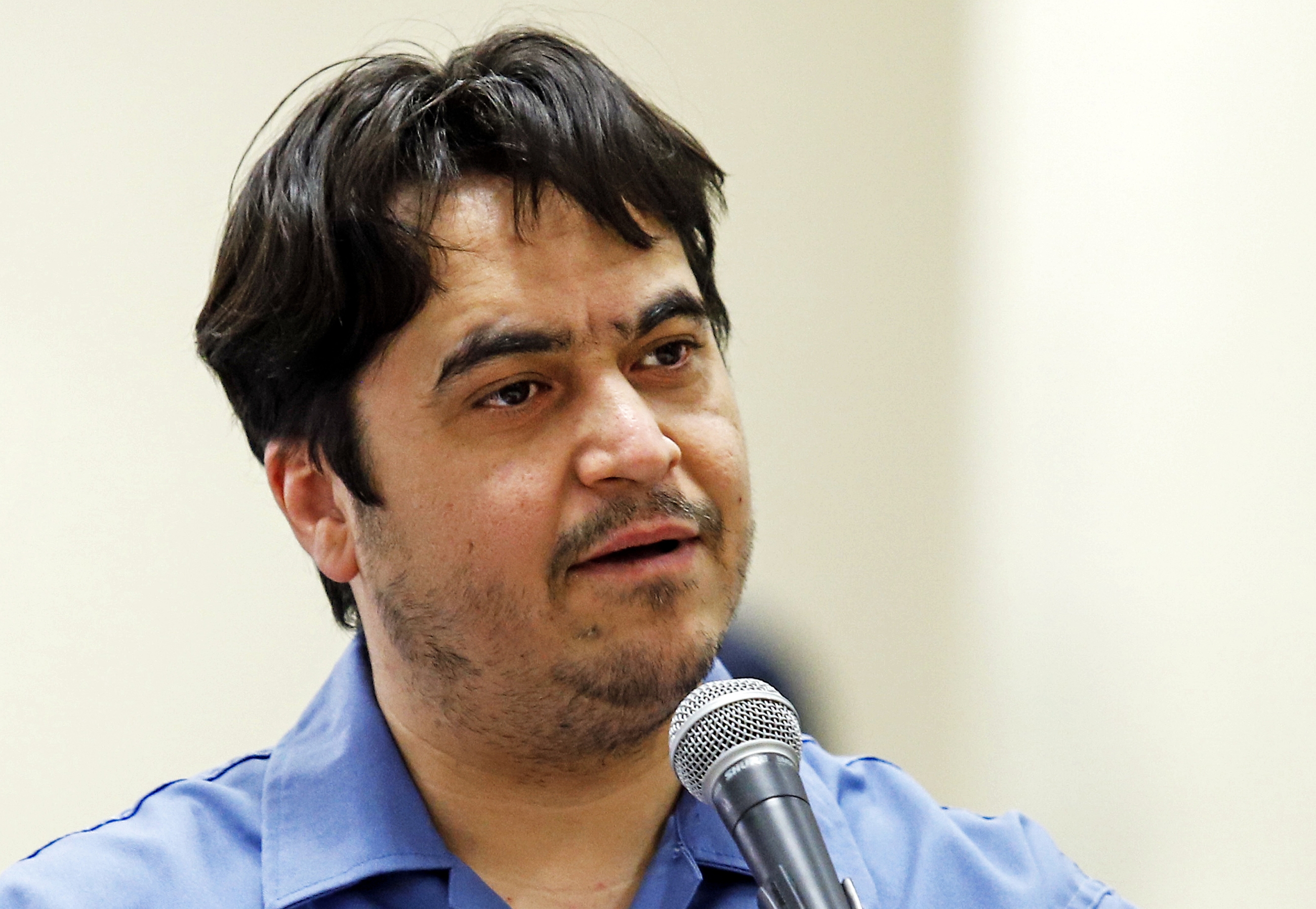
Iran has executed a former opposition figure over his involvement in anti-government protests in 2017, state TV announced on Saturday.
Ruhollah Zam had been granted political asylum in France and reportedly lived in Paris, running a website called Amadnews and a channel on the Telegram messaging app, before being "lured" back to Iran.
State television said the "counter-revolutionary" Zam was hanged on Saturday morning after the supreme court upheld his sentence due to "the severity of the crimes" committed against the Islamic republic.
Judiciary spokesman Gholamhossein Esmaili had on Tuesday said Zam's sentence was upheld by the supreme court "more than a month ago".
'This is a barbaric and unacceptable act that goes against the country's international commitments'
- statement from French foreign ministry
France reacted with anger to the execution, which it said ran counter to Tehran's international obligations.
"France condemns in the strongest possible terms this serious breach of free expression and press freedom in Iran," the foreign ministry said in a statement.
"This is a barbaric and unacceptable act that goes against the country's international commitments."
London-based rights group Amnesty International, in a statement after his verdict was confirmed, described Zam as a "journalist and dissident".
It said the confirmation marked "a shocking escalation in the use of the death penalty as a weapon of repression".
Iran's Revolutionary Guards announced the arrest of Zam in October 2019, claiming he had been "directed by France's intelligence service".
They said they had "trapped" Zam in a "complex operation using intelligence deception". They did not say where the operation took place.
The official IRNA news agency said he was also convicted of espionage for France and an unnamed country in the region, cooperating with the "hostile government of America," acting against "the country's security," insulting the "sanctity of Islam" and instigating violence during the 2017 protests.
At least 25 people were killed during the unrest in December 2017 and January 2018 that was sparked by economic hardship.
Telegram shut down Zam's channel after Iran demanded it remove the account for inciting an "armed uprising".
Reporters Without Borders (RSF) condemned the execution on Saturday.
"RSF is outraged at this new crime of Iranian justice," the organisation tweeted.
It charged that Iran's supreme leader Ayatollah Ali Khamenei was "the mastermind of this execution."
'Corruption on earth'
Zam was charged with "corruption on earth," one of the most serious offences under Iranian law, and sentenced to death in June.
State television aired an "interview" with him in July, in which he appears as saying he believed in reformism until he was detained in 2009 during protests against the disputed re-election of ultra-conservative president Mahmoud Ahmadinejad.
He also denied having instigated violence through his Telegram channel.
Amnesty has repeatedly called on Iran to stop broadcasting videos of "confessions" by suspects, saying they "violate the defendants' rights".
Zam is one of several people to have been put on death row over participation or links to protests that rocked Iran between 2017 and 2019.
Navid Afkari, a 27-year-old wrestler, was executed at a prison in the southern city of Shiraz in September.
The judiciary said he had been found guilty of "voluntary homicide" for stabbing to death a government employee in August 2018.
Shiraz and several other urban centres across Iran had been the scene of anti-government protests and demonstrations at the time over economic and social hardship.
Three young men were also sentenced to death over links to deadly 2019 protests, but Iran's supreme court said last week that it would retry them over a request by their defence team.
Their sentences were initially upheld by a tribunal over evidence the judiciary said was found on their phones of them setting alight banks, buses and public buildings during the wave of anti-government protests.
Amnesty International said Iran executed at least 251 people last year, the world's second-highest toll after China.
Middle East Eye propose une couverture et une analyse indépendantes et incomparables du Moyen-Orient, de l’Afrique du Nord et d’autres régions du monde. Pour en savoir plus sur la reprise de ce contenu et les frais qui s’appliquent, veuillez remplir ce formulaire [en anglais]. Pour en savoir plus sur MEE, cliquez ici [en anglais].


